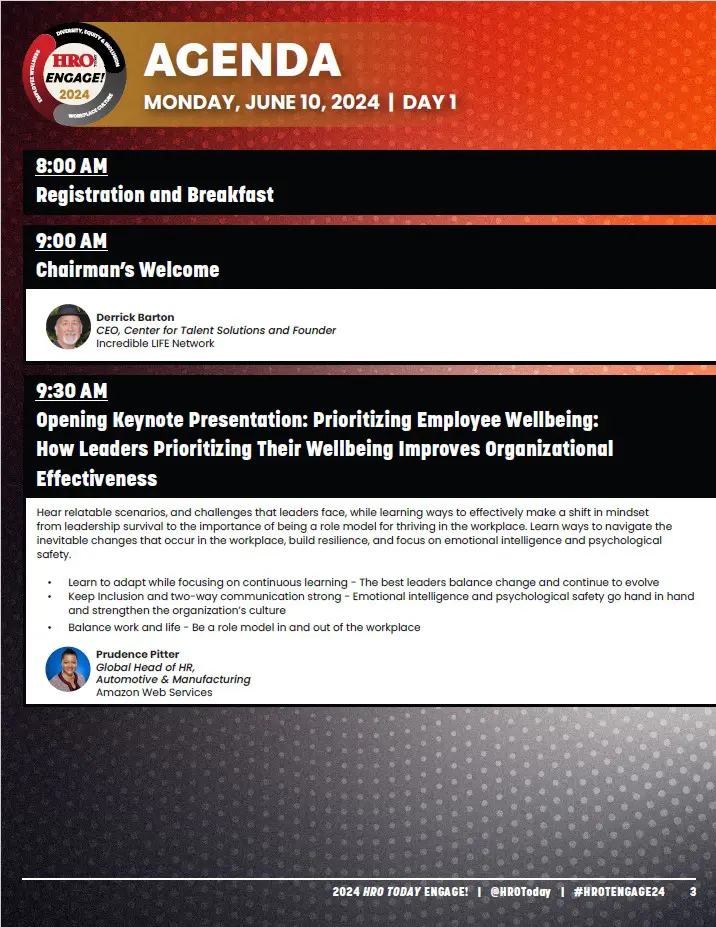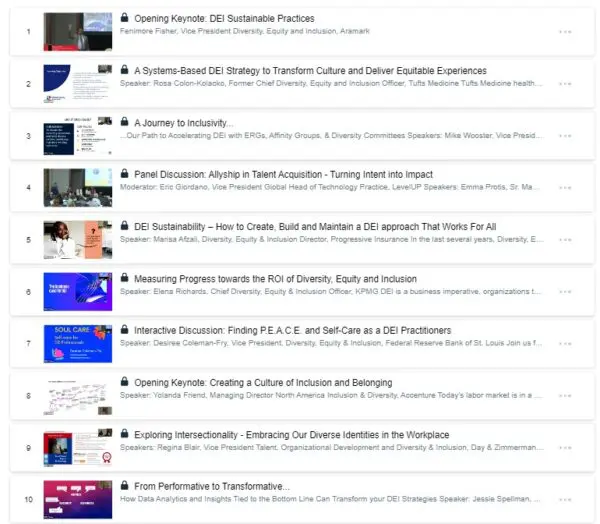Gen Z is reshaping the workforce and setting new expectations for how training should support their success. According to Axonify’s latest report, more than three-quarters (77%) of frontline Gen Z workers have faced situations where insufficient job-specific skills and training hindered their ability to complete tasks effectively. In these moments, 62% reported feeling overwhelmed and anxious, over half (55%) experienced embarrassment, and 14% considered quitting. This new data reveals the urgent need for employers to rethink how they train and support the newest generation of frontline talent.
The report finds that for many Gen Z employees, training begins and ends at onboarding. One in three received training only when they first started their role, while 37% say they don’t have enough time to learn on the job. Others describe the training they did receive as disengaging or irrelevant, with 34% reporting that the content lacked interest or practical value. These gaps have real consequences: 67% of Gen Z workers say more consistent training would help reduce burnout, and 81% say they would stay longer in their jobs if they had better support.
For Gen Z frontline workers, it’s not just about how much training they get—it’s about how relevant and applicable it is. Many say the content they receive isn’t personalized, doesn’t reflect their daily challenges, or fails to build confidence. In fact, 24% of respondents say they didn’t feel more confident after completing training, highlighting deeper issues with how knowledge is being delivered and reinforced.
“These findings underscore the critical need for employers to rethink their training strategies to better support Gen Z workers,” says Dave Carter, chief revenue officer at Axonify. “By providing personalized, engaging, and accessible training programs, organizations can not only bridge existing skills gaps but also enhance employee confidence, productivity, and retention. It’s clear that adapting to the preferences of this new generation is essential for building a resilient and effective frontline workforce.”
Gen Z workers aren’t resistant to training—they’re asking for more of it, delivered with purpose, relevance and flexibility. Half of the respondents (50%) want personalized training tailored to their roles and career goals. Meanwhile, 35% prefer short video modules that are quick and easy to understand and another 35% want the option to learn on mobile devices. The shift toward more personalized, continuous learning is reshaping how frontline organizations approach training and development—and Gen Z is shining a spotlight on what they need to succeed. When training reflects these real-life situations, workers report greater confidence (90%), productivity (82%) and job satisfaction (81%)—all of which drive better outcomes for employers.
“This generation is digitally native and eager for work,” Carter says. “When training is personalized, practical and accessible, it enables Gen Z to grow with your organization instead of out of it.”













